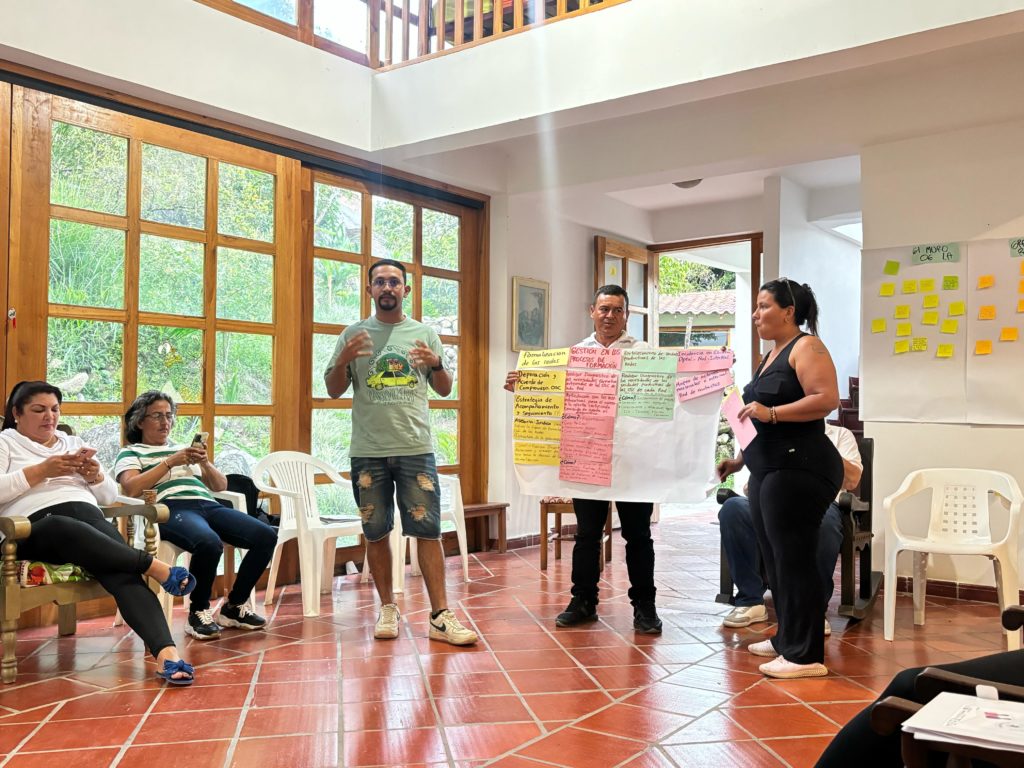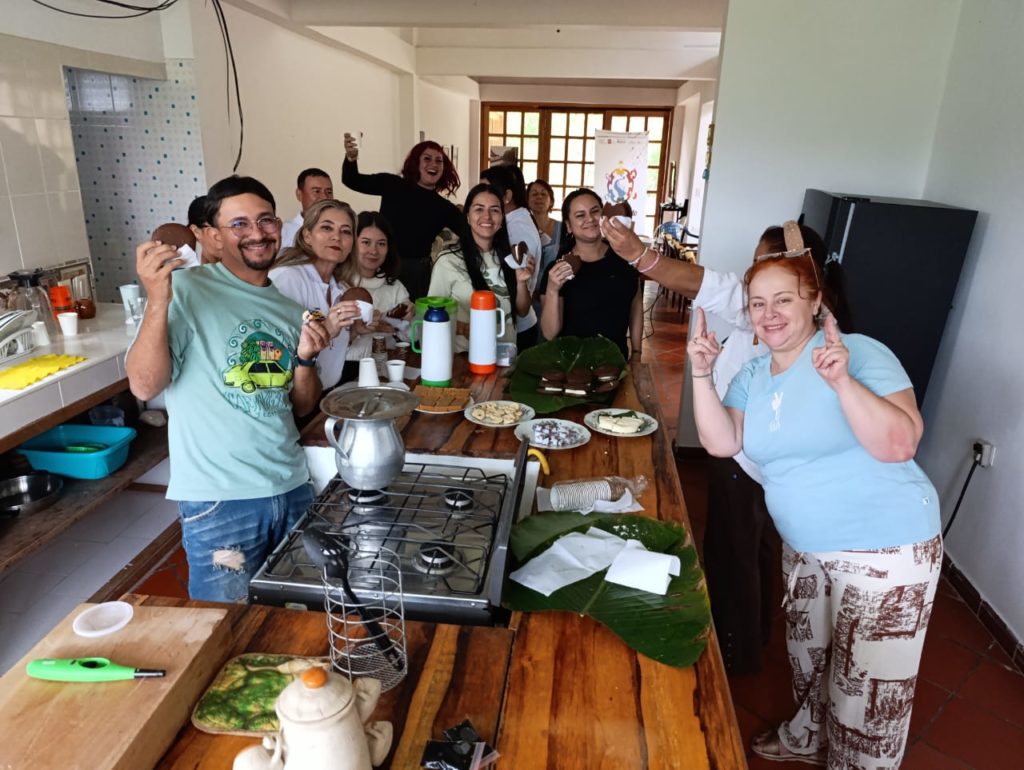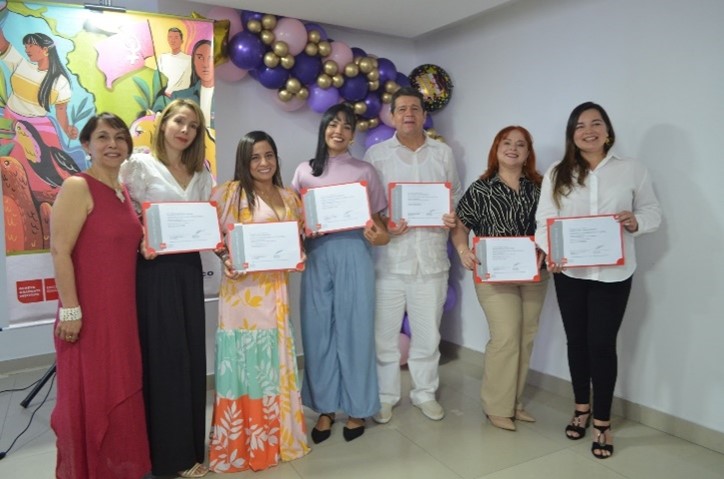Between February and March 2025, the Geneva Graduate Institute (IHEID) carried out a field mission in Colombia led by Liliana Soler, Programme Director of the Executive Programme in Gender and Development.
This mission took place in a highly complex regional context and brought together four complementary activities at the crossroads of applied research, capacity-building and executive education. It provided a unique opportunity to strengthen local partnerships, support research initiatives, promote the Geneva Graduate Institute’s training programmes, and celebrate the achievements of participants in the CAS in Gender and Development
In the Catatumbo region — an area severely affected by ongoing humanitarian crises and armed violence — the RedConcerto project supports civil society organisations (CSOs) committed to peacebuilding, human rights protection and local development.
The mission focused on strengthening RedConcerto’s key intervention priorities for 2025 through continuous dialogue with local partners and participatory strategic planning.
The main areas of action identified include:
Throughout the mission, several high-level meetings occurred with human rights experts, public authorities and international partners (MAPP-OAS, GIZ, PARES Foundation, Simón Bolívar University, among others).
The collaborative approach was central to the development of RedConcerto’s 2025 strategic plan, with the active participation of the four networks of CSOs involved in the project. This collective process enabled the co-construction of action plans tailored to local realities and security challenges.


In parallel with its development cooperation activities, Liliana Soler supported Professor Anna Leander‘s field research on the use of information technologies in humanitarian assistance for internally displaced populations.
A series of interviews were conducted in Cúcuta and Villa de Rosario with displaced individuals and local authorities to assess the humanitarian response mechanisms implemented in the region.
This applied research enriches academic reflections on crisis management practices and the challenges posed by prolonged violence contexts.
The mission also strengthened connections with several local universities (Simón Bolívar University, Francisco de Paula Santander University, ESAP), paving the way for future collaborations in research and training.
As part of its outreach activities, the Graduate Institute presented its executive education offer to local actors engaged in development and social transformation.
A dedicated event was held in Cúcuta to showcase the Graduate Institute’s flagship programmes, notably the Diploma of Advanced Studies in Development Policies and Practices and the Certificate of Advanced Studies in Gender and Development, delivered in partnership with DESCO and supported by Swiss Cooperation.
The event generated strong interest from participants, who expressed their commitment to gender equality and capacity-building for sustainable development.
The award ceremony for the 2024 cohort of the CAS in Gender and Development was held in Cúcuta, bringing together graduates both on-site and online.
This ceremony celebrated the participants’ commitment, learning journey, and skills acquired to support their professional and community projects.
The event was attended by local and international partners of the RedConcerto project, including DESCO and the Kroc Institute (University of Notre Dame), highlighting the collective and international dimension of this educational journey.


Liliana Soler’s mission in Colombia fully illustrates the Institute’s integrated approach: combining applied research, international cooperation and capacity-building to support local actors.
In a challenging regional context marked by uncertainty and tensions, the Institute reaffirms its commitment to supporting civil society organisations, fostering peacebuilding dynamics, and contributing to change-makers training.
The year 2025 holds numerous challenges but also promising opportunities for strengthened collaboration to pursue a common goal: building more just, inclusive and resilient societies.